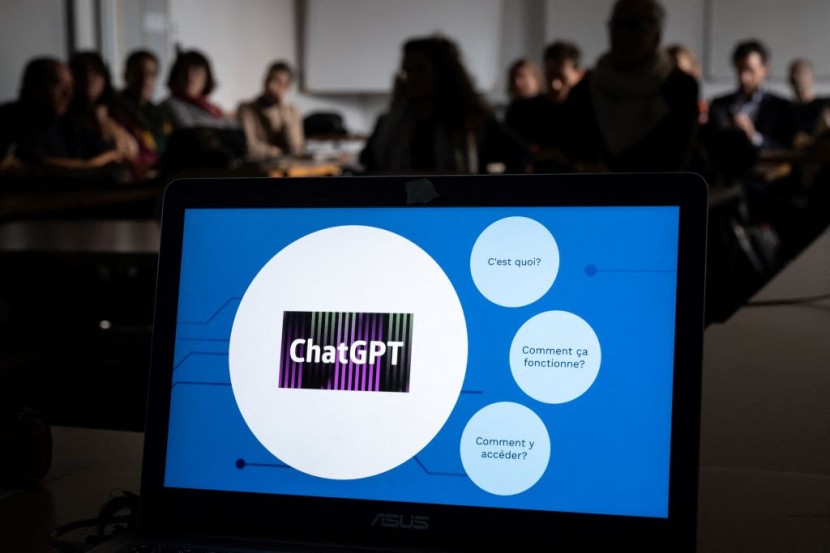
- Experts and business leaders are urging developers to stop the training of strong AI models
- The move follows the introduction of several AI projects in recent months
- Google and Microsoft are among the firms improving their search engines with artificial intelligence
Citing "grave risks to society and humanity," some of the greatest names in technology are urging artificial intelligence laboratories to halt training the most powerful AI systems for at least six months.
Elon Musk's Future of Life Institute released the letter signed by hundreds of tech CEOs, academics, and researchers. The letter arrives only two weeks after OpenAI launched GPT-4, a more potent version of the technology that supports ChatGPT, a popular AI chatbot application.
AI Leaders Urge Labs to Halt Training Models
In early testing and a commercial demonstration, the system prepared lawsuits, passed standardized examinations, and created a functional website from a hand-drawn drawing.
The letter stated that the suggested halt should apply to AI systems "more powerful than GPT-4" and that independent experts should utilize the proposed pause to collaboratively establish and implement rules for safe AI tools "beyond a reasonable doubt."
According to CNN, the letter said governments should impose a moratorium if a halt is not quickly implemented. Late last year, the focus around ChatGPT sparked a renewed arms race among internet companies to create and use comparable AI technologies within their platforms.
OpenAI, Microsoft, and Google are at the front of this trend, but IBM, Amazon, Baidu, and Tencent are all developing comparable technology. Many startups are also creating artificial intelligence writing helpers and picture creators.
Experts in artificial intelligence are worried about the possibility of biased reactions, the propensity to propagate disinformation, and the effect on consumer privacy posed by AI products. These tools have also prompted concerns about the impact of AI on professions, cheating by students, and our relationship with technology.
The letter alludes to widespread unease within and beyond the business over the rapid growth of AI. Some governmental agencies in China, the European Union, and Singapore have established early AI governance frameworks.
Critics Mock the Letter
Per Venture Beat, critics of the letter criticized what they saw as continuous hyperbole surrounding the possible long-term consequences of AGI at the expense of immediate issues such as prejudice and ignorance.
Princeton computer science professor Arvind Narayanan stated on Twitter that the letter "further fuels AI euphoria and makes it more difficult to address genuine, already existing AI problems," adding that he suspects it would "benefit the firms that it is designed to oversee and not society.
Emily M. Bender, professor of linguistics at the University of Washington and co-author of 'On the Dangers of Stochastic Parrots: Can Language Models Be Too Big?,' tweeted that the Stochastic Parrots study indicated a "headlong" rush to ever-larger language models without contemplating the hazards."
While most of the letter may look alarmist and evoke thoughts of a Skynet-like AI takeover of the globe, it concludes on a kinder note, as per CNBCTV18. Microsoft, which has invested at least $10 billion in OpenAI, is all-in on incorporating AI into its products. Google is in a race to build AI-based technologies that will enable them to maintain its market domination.
Microsoft has incorporated ChatGPT into its Bing search engine and Microsoft Edge web browser, while Google, no stranger to artificial intelligence, has introduced its own ChatGPT competitor, Bard.
Related Article : SpaceX launches 56 Starlink Satellites
@YouTube
© 2025 HNGN, All rights reserved. Do not reproduce without permission.








